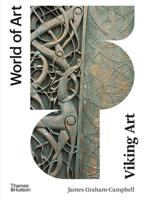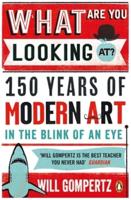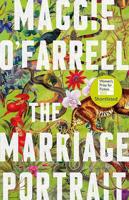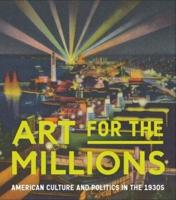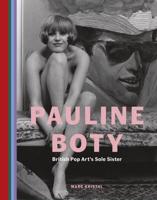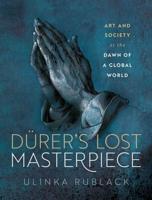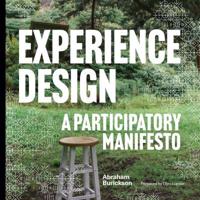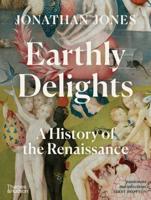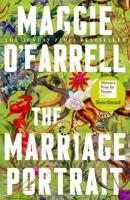Publisher's Synopsis
ANDY GOLDSWORTHY: TOUCHING NATURE
By William Malpas
A new and revised edition of our best-selling book on Andy Goldsworthy. A completely rewritten exploration of the sculptor, updated to include recent works such as Night Path (2002) and Chalk Stones (2003) in Sussex, Three Cairns (2002) on the American East and West coasts, Stone Houses (2004) and Garden of Stones (2003) in Gotham, Passage (2005) in London, and Slate Domes (2005) in Washington, DC. Known as a 'land', 'earth', 'nature' or 'environmental' artist, Andy Goldsworthy works with(in) nature. He uses natural materials in natural shapes and forms often set in natural contexts (but also in cities, towns, parks, sculpture parks, and many spaces created or adapted by people).
FROM THE INTRODUCTIONAndy Goldsworthy was born in Cheshire in 1956. He studied at Harrogate High School, Bradford College of Art and Preston Polytechnic, where he studied on the BA Fine Art course, graduating in 1978. Many of Goldsworthy's site-specific works and commissions have been in the North: the giant maze and Lambton Earthwork (at County Durham, 1988-9), the Grizedale Forest site works (1984 onwards), residencies at Yorkshire Sculpture Park (1987), the Lake District National Park (1988), and so on. Goldsworthy has worked at the Venice Biennale, Grise Fiord and the North Pole, in Japan, Castres and Sidobre in France, and in Haarlem, Holland. He has had one-man shows in France, Japan, Holland and the UK, and participated in groups shows in Italy, Germany, and the USA. A major retrospective, Hand to Earth: Andy Goldsworthy: Sculpture: 1976-1990, was held at the Henry Moore Centre for the Study of Sculpture, Leeds City Art Gallery: the show also travelled to the Royal Botanic Gardens in Edinburgh, Stedelijke Musea, Gouda and Centre Regional d'Art Contemporain Midi-Pyrenees in Toulouse. Goldsworthy's work has appeared on TV (in Channel Four documentaries, The Late Show, an Arts Council film (Two Autumns), and regional news programmes, as well as a couple of Japanese broadcasts), also appearances on Radio 4's arts show Kaleidoscope and Radio 3's arts interview slot, Third Ear. A half-hour BBC TV programme on Goldsworthy's Sheepfolds project was aired in 1997; there was also a Sheepfolds exhibition at Michael Hue-Williams Gallery in London. In the 1990s, Andy Goldsworthy's art began to rise in popularity: the glossy coffee table book Stone became a bestseller (bear in mind it was then priced at $55). In 1994 Goldsworthy took over some West End galleries with a large one-man show. In 1995 he was part of an intriguing group show at the British Museum (Time Machine), creating sculptures, along with Richard Deacon, Peter Randall-Page and others, in amongst the monumental statuary of the famous Egyptian Hall. Also in 1995, Goldsworthy designed a set of Royal Mail stamps (and again in 2003). Digne in France became an increasingly important Goldsworthy location, with shows in 1995, 1997 and 2000). Prestigious commissions occurred in the US from the mid-1990s onwards. For instance: the giant Wall at Storm King Art Center in 1998; the Three Cairns on the East and West Coasts and Iowa in 2001-02; the 'stone houses' at the Metropolitan Museum in Gotham in 2004; the monument to the Holocaust (also in New York) in 2003; and the slate domes in Washington, DC in 2005. Fully illustrated, with a revised text. Bibliography and notes. 312pp. www.crmoon.com

